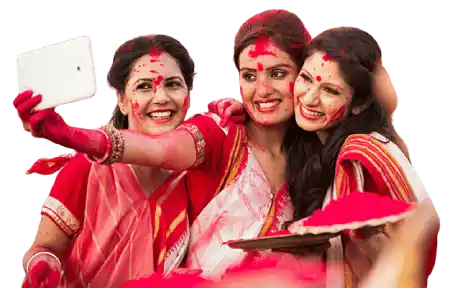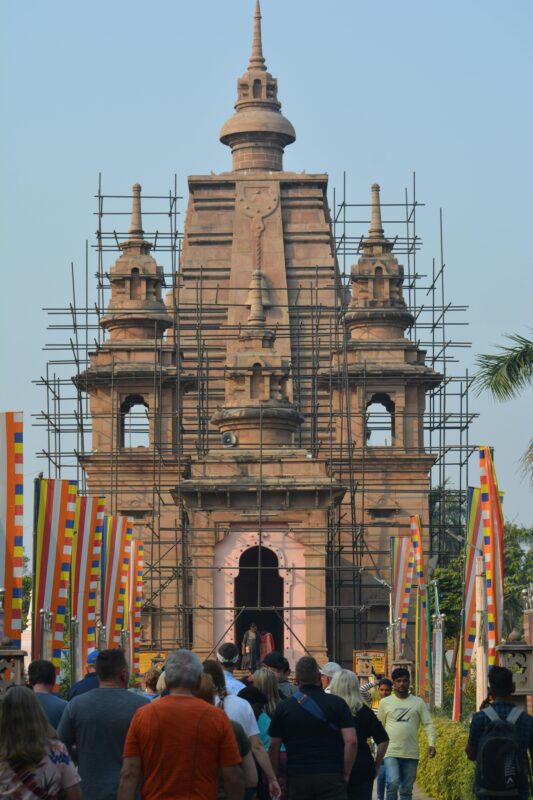Introduction to Panchang
The Hindu calendar system, also known as Panchang, is a complex and intricate system that is deeply rooted in Hindu culture and traditions. Panchang is a Sanskrit term that means “five limbs,” which refers to the five elements of the Hindu calendar system.
Components of Panchang
The word Panchang is derived from two Sanskrit words, “Pancha” meaning five, and “Anga” meaning parts.
Panchang is a combination of five components, which are Tithi, Nakshatra, Yoga, Karana, and Var. Each of these components plays a crucial role in determining auspicious and inauspicious times for various activities, including festivals, weddings, and other important events.
Tithi
Tithi refers to the lunar day in the Hindu calendar system. There are 30 tithis in a lunar month, and each tithi is based on the angle between the Sun and the Moon.
Nakshatra
Nakshatra refers to the lunar mansion or asterism in the Hindu calendar system. There are 27 nakshatras in the Hindu calendar system, each of which is associated with a particular deity and has its own unique qualities and characteristics.
Yoga
Yoga refers to the combination of the Sun and the Moon in the Hindu calendar system. There are 27 yogas in the Hindu calendar system, and each yoga has its own unique qualities and characteristics.
Karana
Karana refers to the half of a tithi in the Hindu calendar system. There are 11 karana in the Hindu calendar system, each of which is associated with a particular deity and has its own unique qualities and characteristics.
Var
Var refers to the day of the week in the Hindu calendar system. There are seven vars in the Hindu calendar system, each of which is associated with a particular deity and has its own unique qualities and characteristics.
Significance of Panchang
Panchang plays a crucial role in determining auspicious and inauspicious times for various activities in Hindu culture and traditions. The knowledge of Panchang helps in selecting the right time for performing ceremonies and rituals, starting new ventures, and making important decisions in life.
Panchang also helps in determining the dates of various Hindu festivals and auspicious occasions. The dates of festivals such as Diwali, Holi, and Navratri are determined based on Panchang.
How to Use Panchang
To use Panchang, one needs to know the specific Tithi, Nakshatra, Yoga, Karana, and Var for the day. These can be easily found in a Panchang calendar or online Panchang calculator. Once you have the information, you can use it to plan your day and make decisions based on the auspiciousness of the day and the specific component of Panchang that is most relevant to your activity.
Modern Use of Panchang
With the advent of technology, Panchang is now available in digital form, making it more accessible to people all around the world.
Panchang calculators and mobile applications are now widely available, allowing people to check auspicious and inauspicious times on the go.
Panchang has also become an important tool in the world of astrology. Astrologers use Panchang to make predictions and determine auspicious times for performing remedies and other astrological rituals.
Conclusion
In conclusion, Panchang is a vital component of Hindu culture and traditions. It helps in determining auspicious and inauspicious times for various activities, plays a significant role in determining the dates of Hindu festivals and auspicious occasions, and has become an important tool in the world of astrology. Understanding Panchang is essential for anyone interested in exploring Hindu culture and traditions.





















Responses